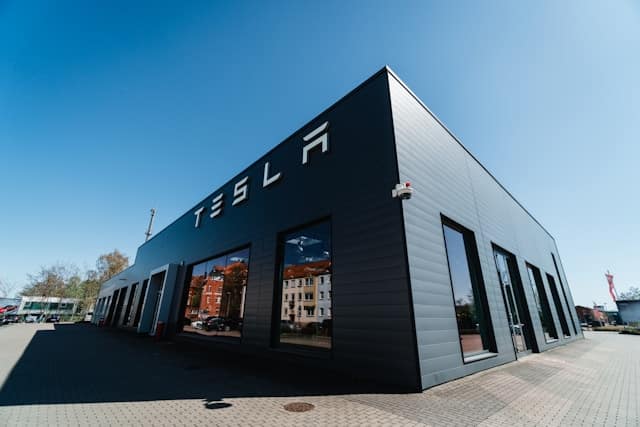- Ethio Telecom has launched an electric vehicle (EV) charging station in Addis Ababa to enhance Ethiopia’s developing EV infrastructure.
- The facility can charge up to 32 vehicles simultaneously using three different charging methods. The chargers utilise artificial intelligence to optimise charging speed and power delivery according to the specific battery requirements of each vehicle and user preferences.
- The station operates 24/7 and integrates with Ethio Telecom’s telebirr SuperApp for seamless, cashless transactions.
The station is equipped with artificial intelligence (AI) to optimise charging processes and is fully integrated with Ethio Telecom’s telebirr SuperApp for digital transactions, ensuring a seamless user experience.
The charging station, designed to accommodate multiple vehicles simultaneously, utilises AI to analyse vehicle battery status and adjust power delivery accordingly. This ensures faster and more efficient charging while also prolonging battery life. The AI system customises power output based on each vehicle’s needs, reducing energy waste and enhancing grid stability.
By leveraging AI, the station significantly cuts down charging time and improves convenience for EV owners. As Ethiopia gradually adopts EV technology, such innovations will be crucial in making electric transportation a viable alternative to fossil-fuel-powered vehicles.
Ethio Telecom has also integrated its proprietary telebirr SuperApp into the EV charging system, allowing users to make cashless payments effortlessly. This aligns with Ethiopia’s broader push towards digital financial services and fintech-driven economic growth.
The SuperApp provides real-time payment tracking, automatic billing, and a secure transaction process, eliminating the need for physical cash. The adoption of digital payment solutions in the EV sector not only enhances convenience but also contributes to financial inclusion in the country.
Ethiopia’s shift to electric vehicles is a strategic move to decrease dependence on imported fossil fuels, which currently strain the nation’s foreign currency reserves. By embracing EVs, the country can significantly cut fuel import costs, bolstering economic stability.
The growth of the EV sector is poised to create new employment opportunities in manufacturing, maintenance, and support services. Additionally, it encourages the development of specialised skills among the workforce, fostering innovation and technological proficiency.
In June 2024, Ethiopia inaugurated an electric vehicle (EV) factory in Debre Berhan, located in the Amhara region. The factory, founded by local entrepreneur Belayneh Kinde with an investment of over $52 million, has an annual production capacity of around 1,000 cars. This initiative is part of Ethiopia’s 10-year Perspective Development Plan.
Adopting EVs contributes to reduced greenhouse gas emissions and improved air quality. Healthier populations can decrease healthcare costs and increase productivity, further stimulating economic growth.
Ethio Telecom’s investment in EV infrastructure showcases Ethiopia’s commitment to sustainable development. By integrating AI-powered charging technology with a digital payment system, the country is paving the way for a more eco-friendly and economically resilient future.
As Ethiopia continues to advance in clean energy adoption, the success of this project could serve as a blueprint for other African nations looking to modernise their transportation and financial systems sustainably.











